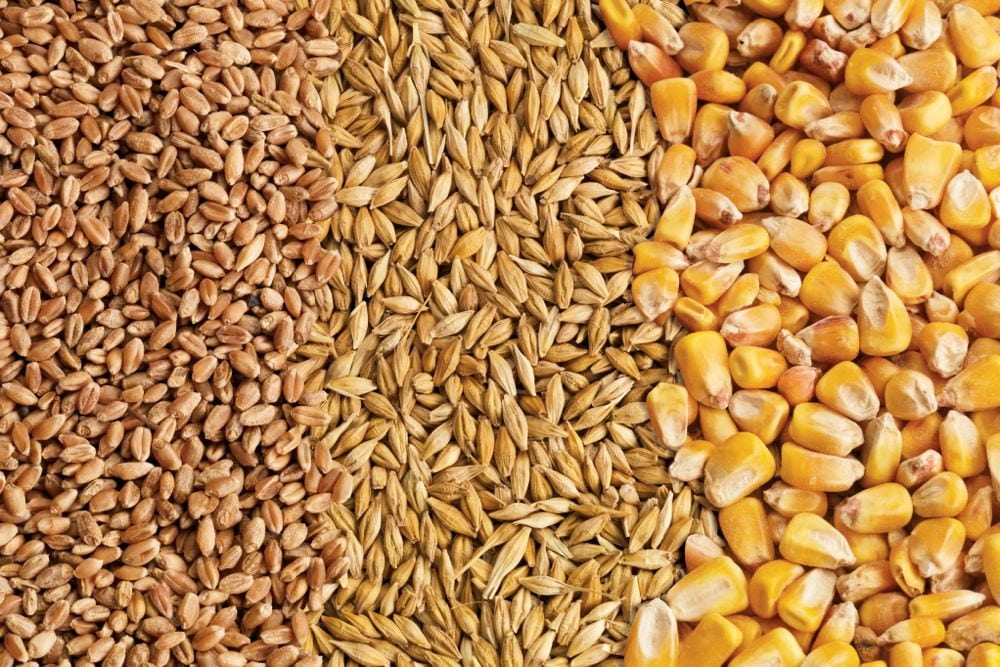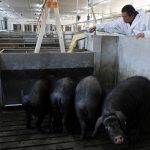Chinese officials have indicated they intend to increase their Canadian canola oil imports, but no progress was made on reopening raw seed imports during a Canadian trade mission to China last week.
Following a meeting with Bao Kexin, the CEO and president of Sinograin, the state-owned organization responsible for national reserves of grains and edible oil, Agriculture Minister Gerry Ritz said Sinograin outlined its goal to increase Canadian canola oil imports by an additional 200,000 tonnes for a total of 350,000 tonnes in 2010.
Sinograin’s plans to raise its Canadian canola oil imports would be worth about $180 million to Canada’s canola industry, the Canola Council of Canada said in a separate release Sunday.
Read Also

Feed Grains Weekly: More consideration being given to U.S. corn
There’s beginning to be a shift within the Canadian Prairie feed market towards importing United States corn, said Darcy Haley, vice-president of Ag Value Brokers in Lethbridge.
However, no progress was reported on efforts to reopen the market to raw seed. Since Nov. 15, China has been refusing Canadian canola imports due to concern that blackleg, a fungal disease, could infect its domestic crop.
JoAnne Buth, president of the Canola Council of Canada, said Sunday that while Sinograin’s interest in expanding its canola oil imports was welcome, “we remain deeply concerned about the continuing quarantine on our canola seed.”
Canada in the past 10 years has shipped over 10 million tonnes of canola to China, with no reports of blackleg transfer to the Chinese rapeseed crop, the council said.
China since Nov. 15 has required phytosanitary certification that canola seed shipments be blackleg-free. Beijing has said that while the Chinese crop is known to have non-virulent strains of blackleg, Canada has virulent strains that could impact China’s rapeseed crop.
The council was pleased that the federal delegation had raised the canola issue “at every level” during last week’s visit, but “it is important that we continue to press China to take steps to resume their imports of seed,” Buth said.














